Exact Answer: 2 Weeks
Gallbladder removal is done through a surgery referred to as ‘Cholecystectomy’. The gallbladder is a small organ that can appear to be pouch-like and stores the bile produced by the liver. The procedure to remove the gallbladder is quite common and is mostly done if there are painful gallstones present. There are 2 ways of doing this procedure- Laparoscopic Cholecystectomy and Open Cholecystectomy.
The gallbladder does not perform a very important role in digestion, as it is a storage organ and therefore, it does not directly after the process of digestion and does not greatly influence the time after which one can eat.
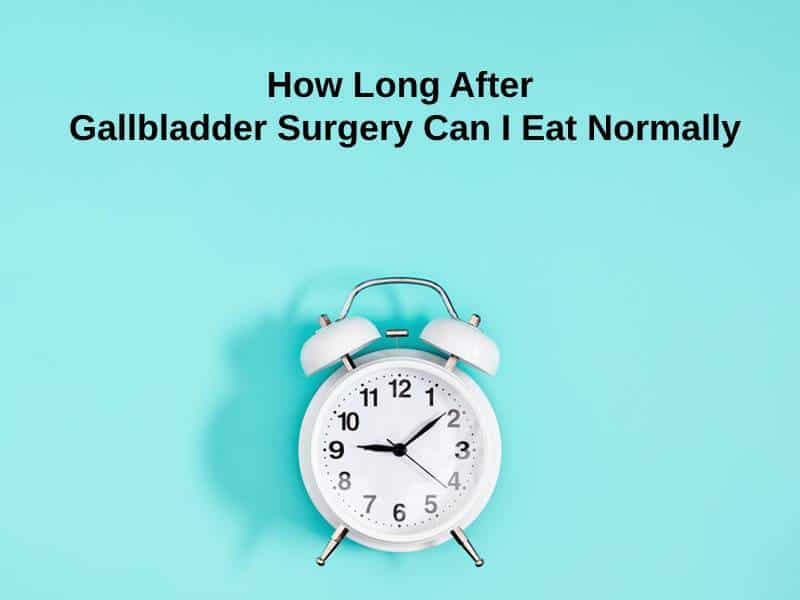
How Long After Gallbladder Surgery Can I Eat Normally?
Since the gallbladder does not play an essential role in the process of digestion, the body will require only a certain amount of time to heal. As the gallbladder’s main function is to store bile produced by the liver, its absence does not directly affect digestion or eating.
For Laparoscopic Cholecystectomy, it is normally advised to start eating a few hours to a day after the procedure. Starting with small, more frequent, and light meals. The aim in the following days should be to consume a healthy and balanced diet.
The Open Cholecystectomy procedure is a cumbersome process and may require a longer time to heal. After this procedure, it is advised to consume liquids and easily digestible foods for as long as 2 weeks, after which you can move on to a more balanced and inclusive diet.
The first foods to be eaten after the gallbladder surgery should be soft and bland foods that are easy to digest, this will aid quick recovery from the surgical procedure. Most health professionals recommend white rice, potatoes that are boiled, bananas, crackers, pasta, etc. You should include fiber-rich foods like beans, lentils, oats, barley, and fruits and vegetables. Try to fill your diet with as many nutrient-rich foods as possible, to have a balanced diet.
Soon after surgery, your body may find it difficult to digest high-fat foods. It is very important to avoid fatty meats like lamb, pork, sausages and switch to leaner meats like chicken, turkey, and salmon. It is also advisable to avoid dairy products, processed foods, caffeine, and alcohol for at least a month, or until your body gets accustomed to not having the gallbladder
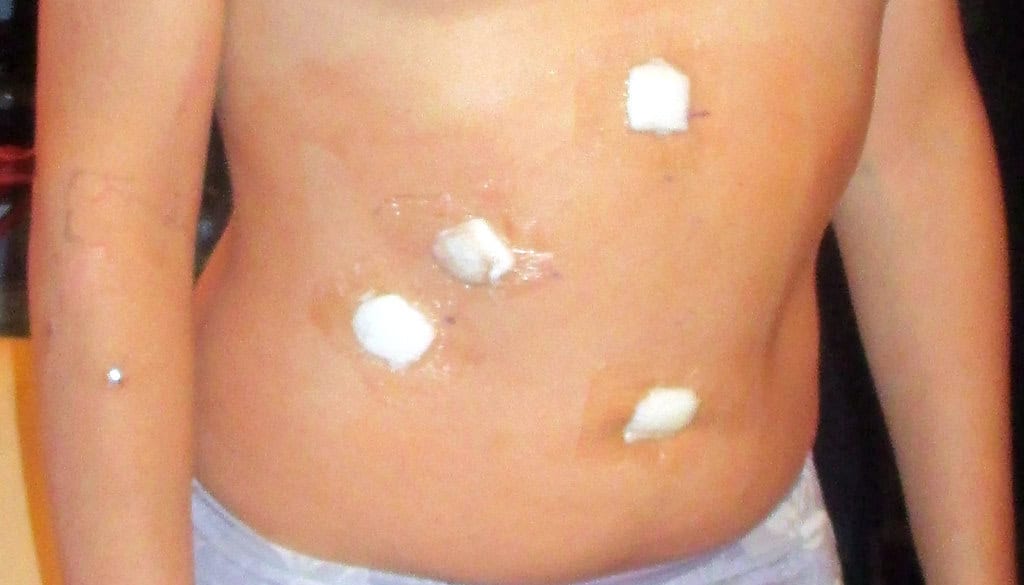
| Type of Surgery | Time |
| Laparoscopic Cholecystectomy | 1 week |
| Open Cholecystectomy | 2 weeks |
Why Can I Eat Normally So Long After Gallbladder Surgery?
When the Laparoscopic Cholecystectomy is performed, it is done with minimal invasion and is therefore called keyhole surgery. This type of procedure requires minimal recovery time, which means that you can get back to the normal daily routine within a week. This includes eating normally.
The Open Cholecystectomy procedure is more invasive. Due to this, the healing period is also longer, lasting about 2 to 3 weeks and sometimes even up to 6 weeks. Easily digestible foods should be eaten for at least a week to two weeks, after which you can move on to a more balanced diet.
The body finds it difficult to digest greasy or oily foods soon after the procedure. Starting with small meals throughout the day, preferable liquids at first can help in avoiding bloating. Shifting to a vegetarian diet, temporarily, may help your body to recover quickly. Staying fit can also significantly improve digestion.

It is important to know that all these limitations will be for a short while until your body recovers and can process the changes that have taken place. In a few months after the surgical procedure, you can slowly start adding a few items that you used to previously consume but be sure not to drift too far away from a balanced diet.
Conclusion
Gallbladder surgery does not cause great harm to the body. It only requires a few dietary changes, temporarily. The keyhole surgery takes less time to heal and therefore one can go back to normal activities sooner.
Some people may experience bloating and even diarrhea after surgery, but it is normal and treatable. Open surgery may take longer for one to recover completely, as compared to keyhole surgery, but dietary changes remain the same.



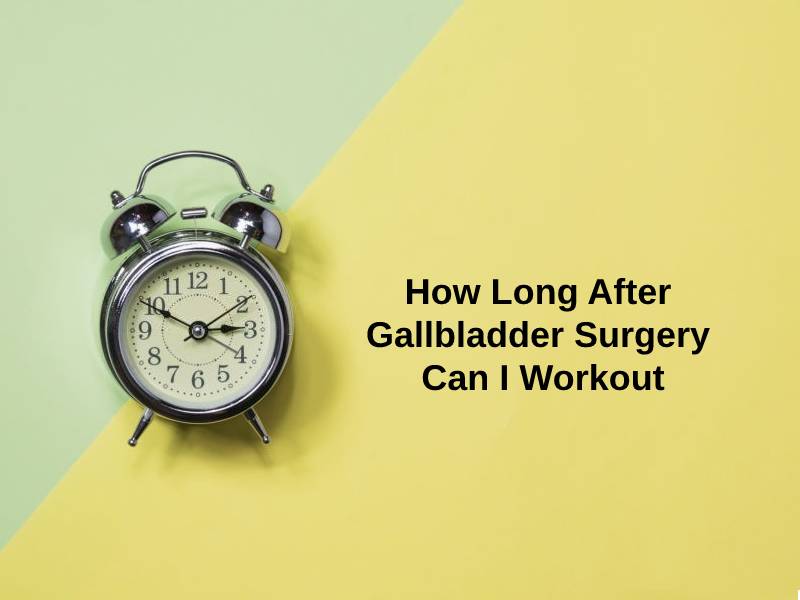
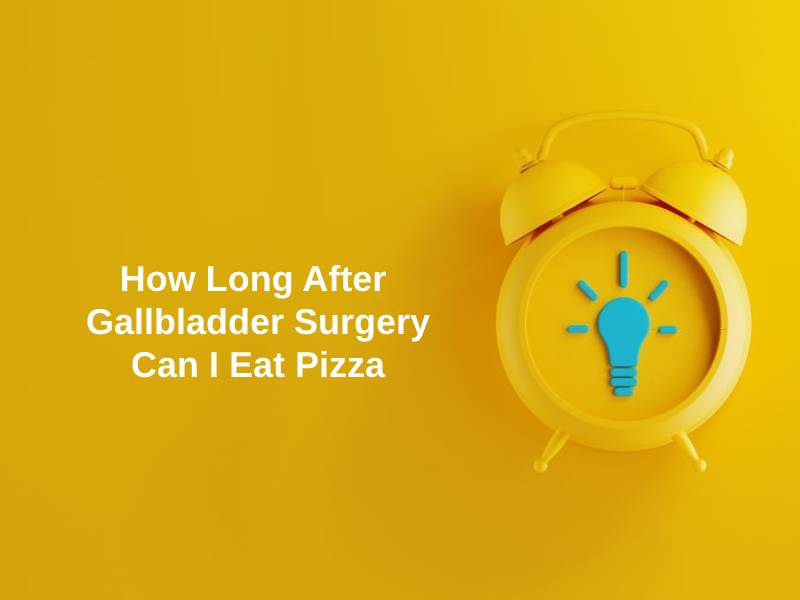
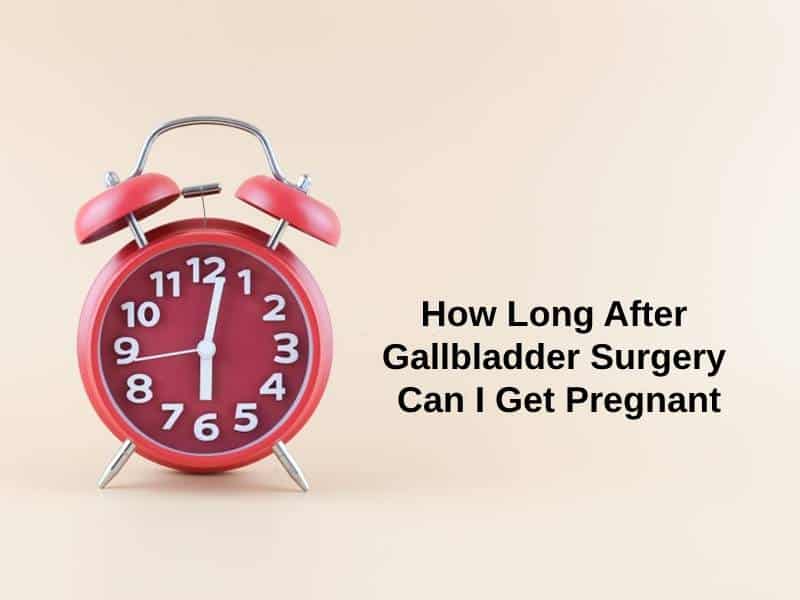
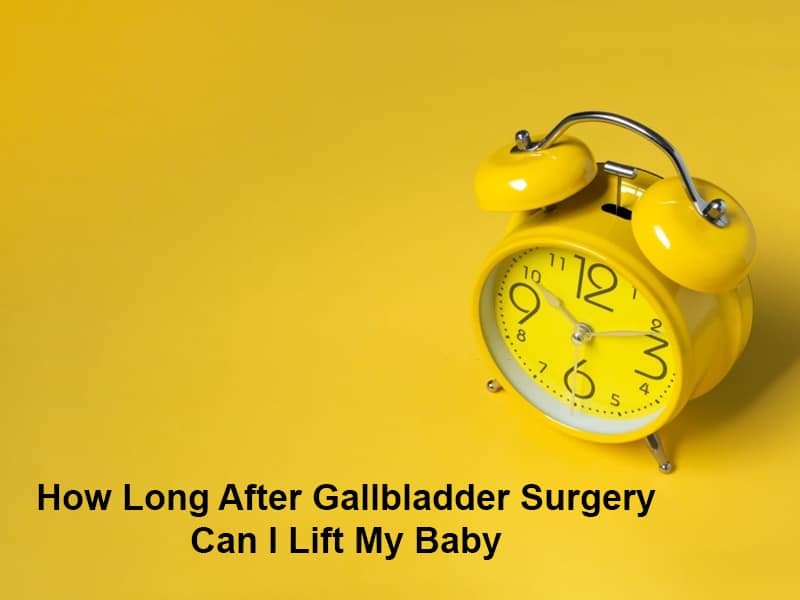
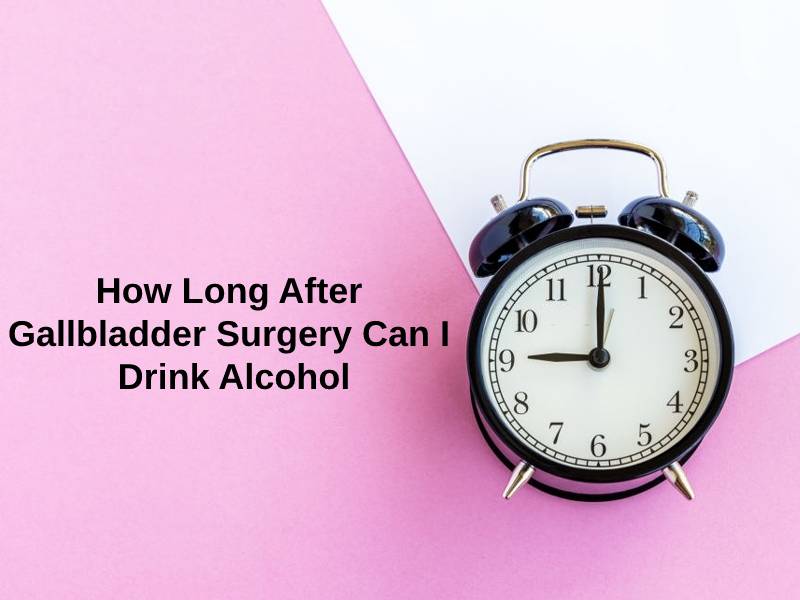
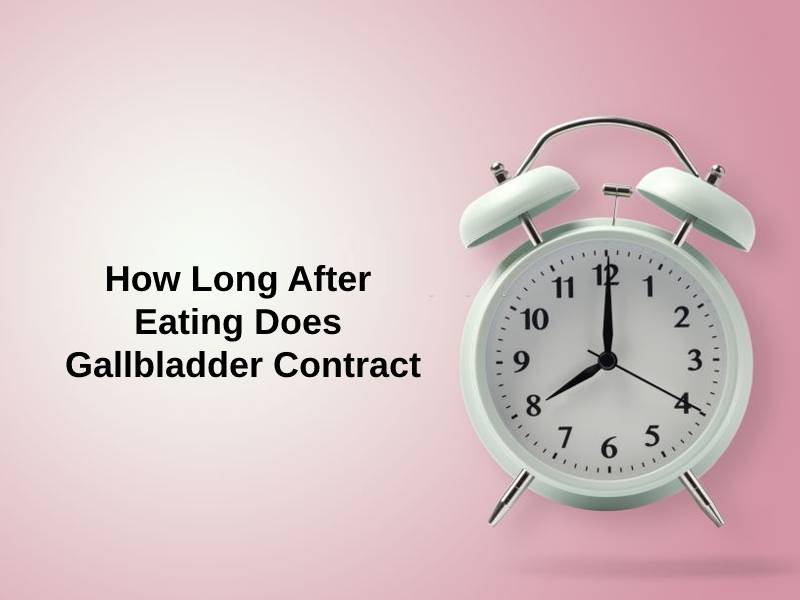
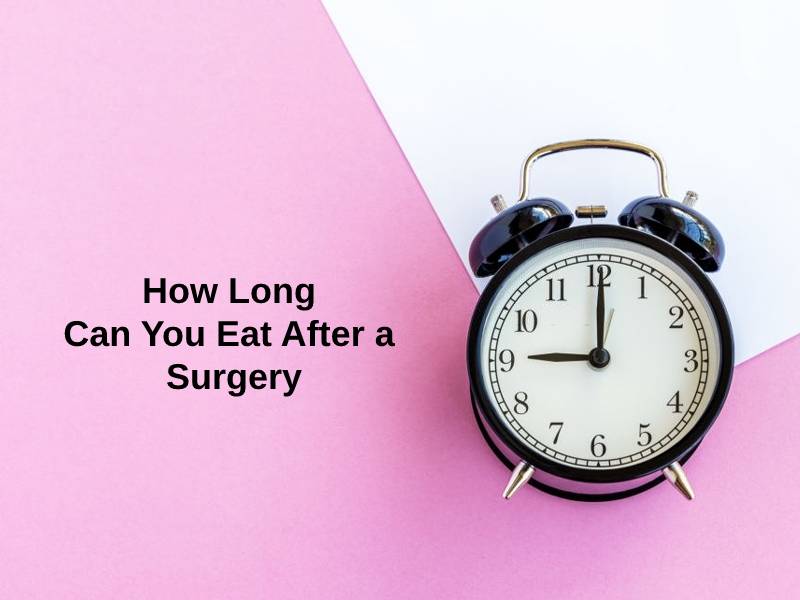
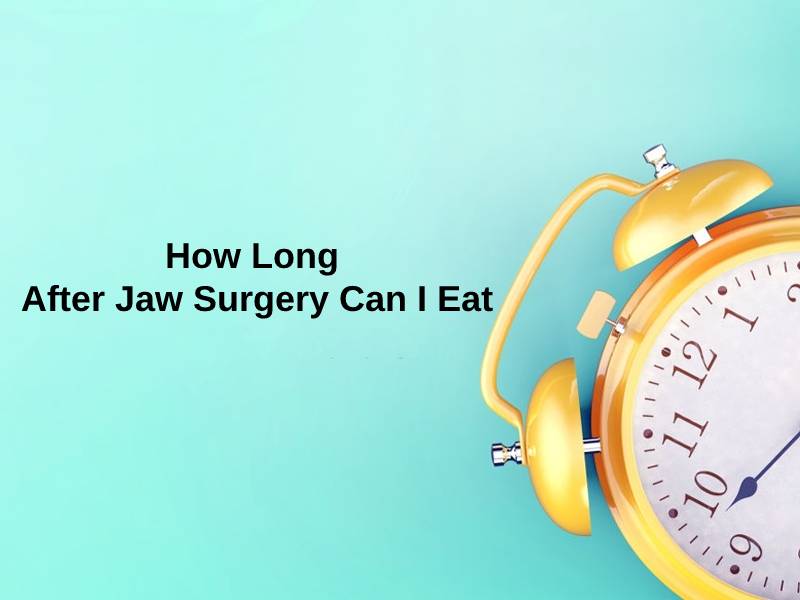
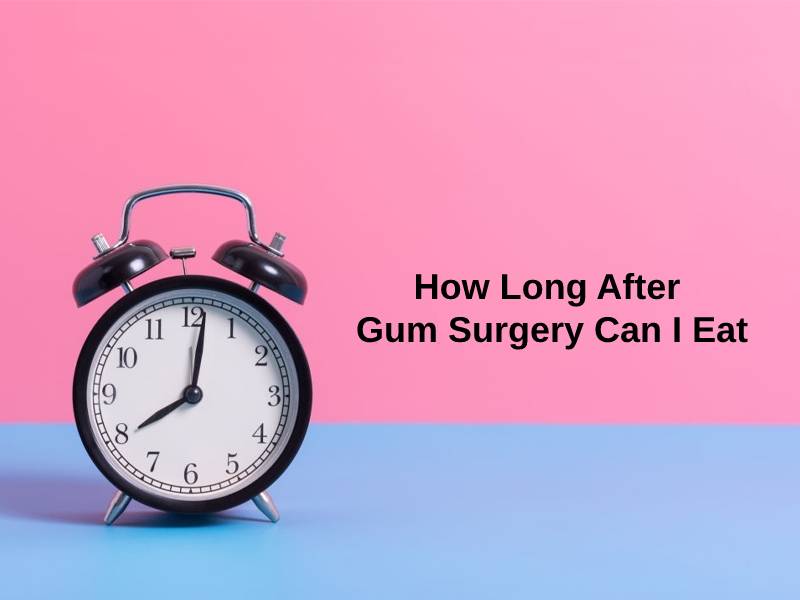
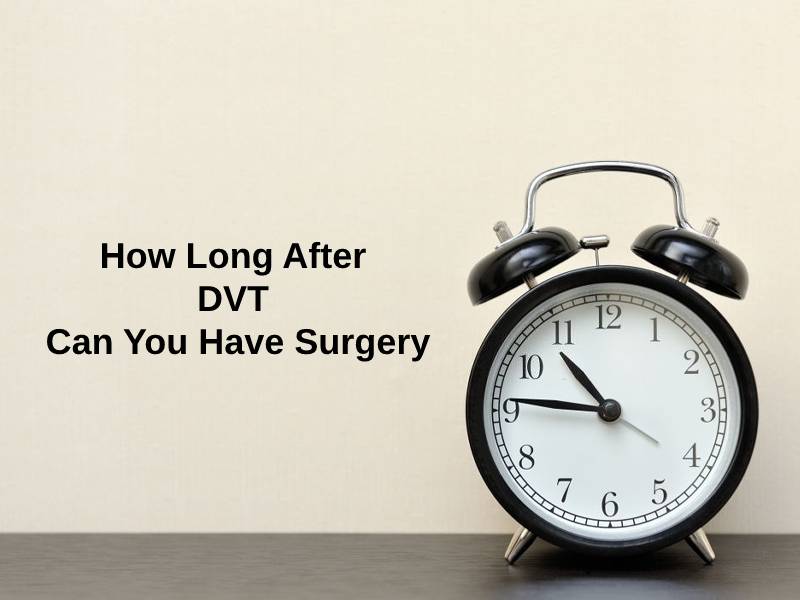
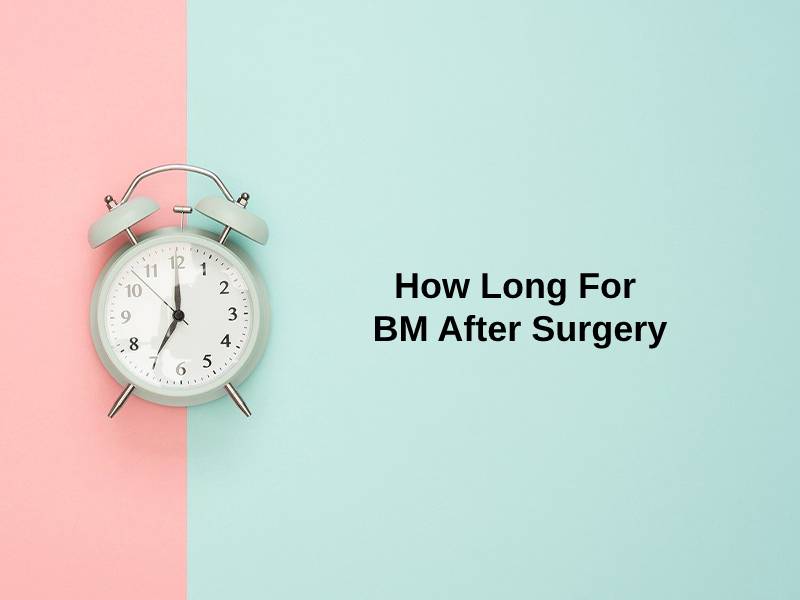
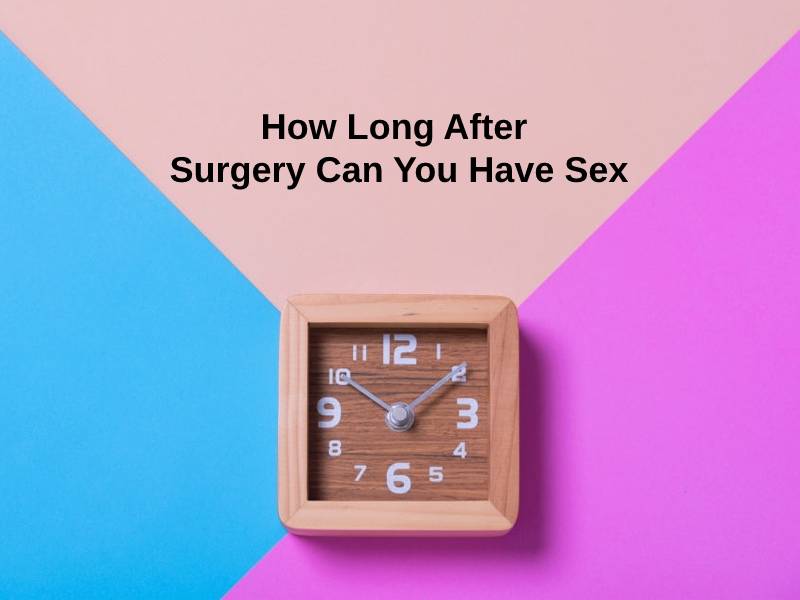
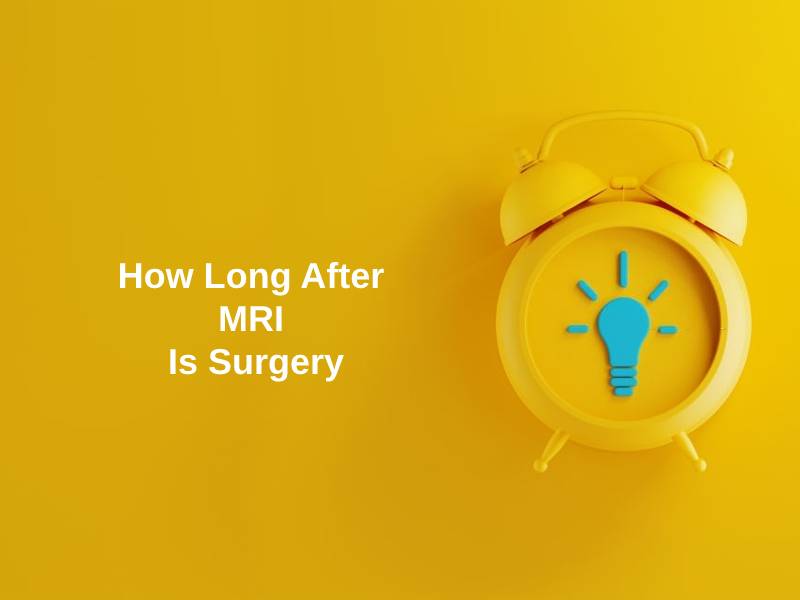
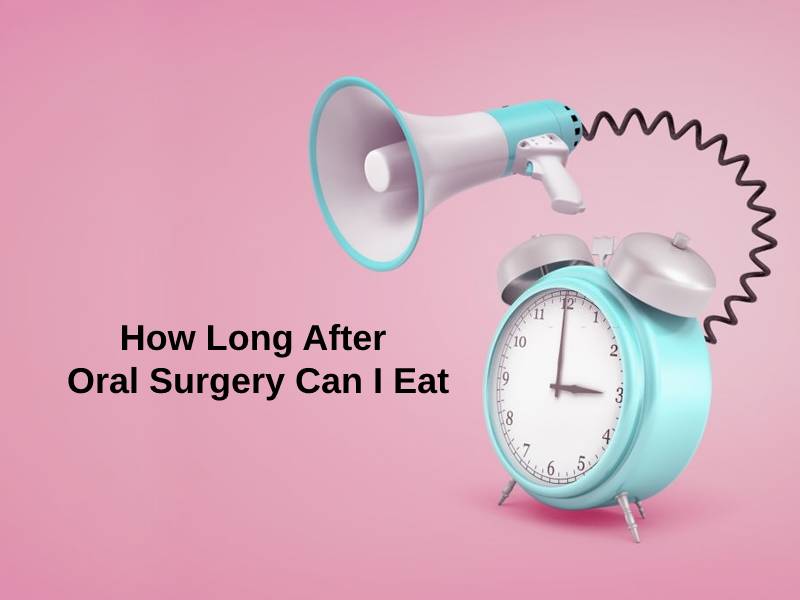
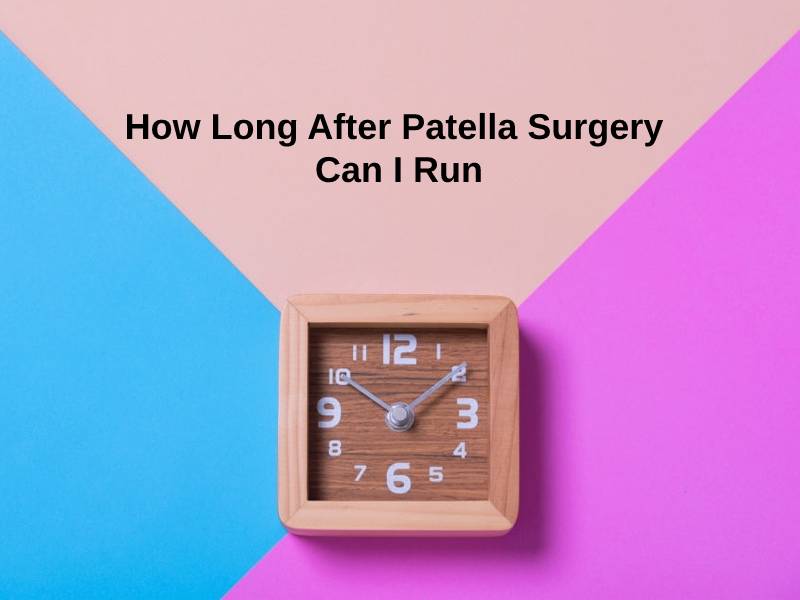
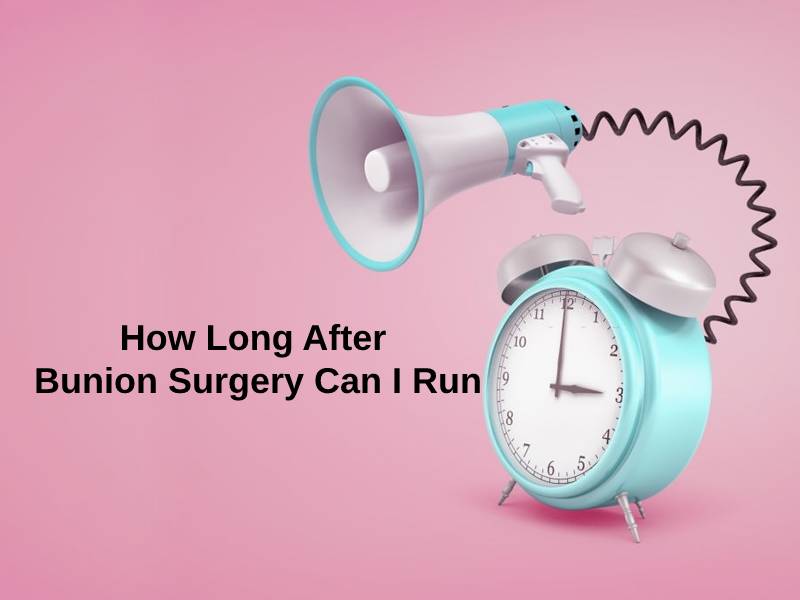
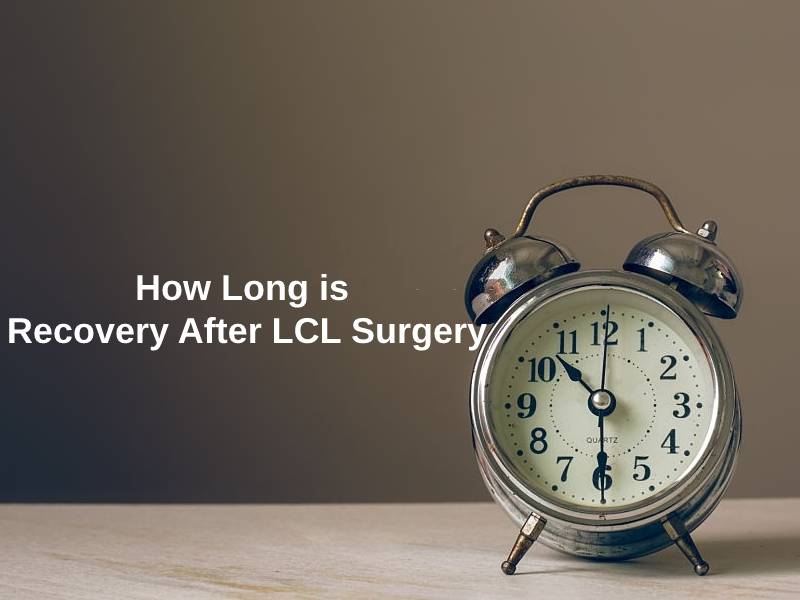
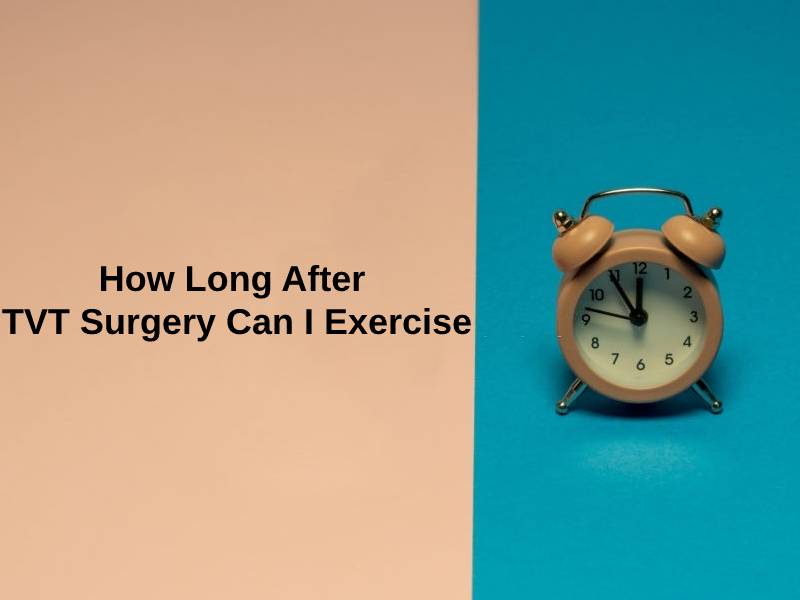
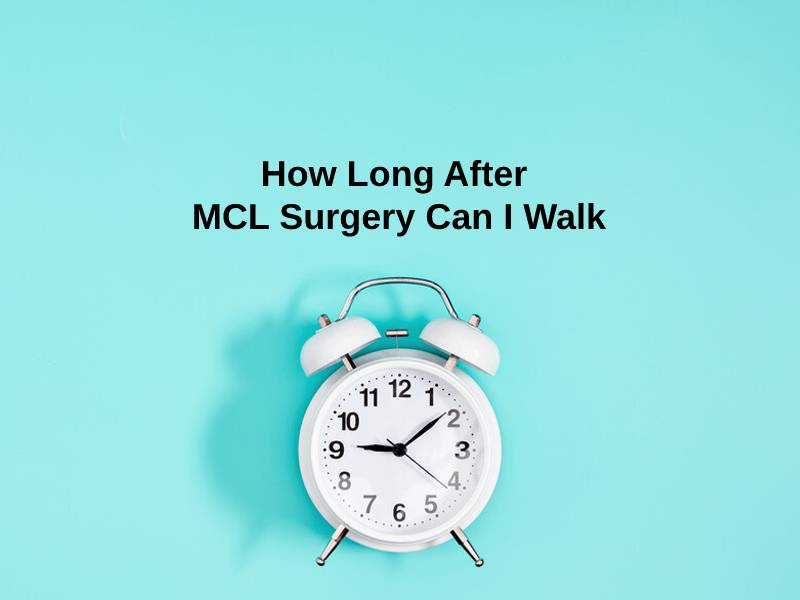

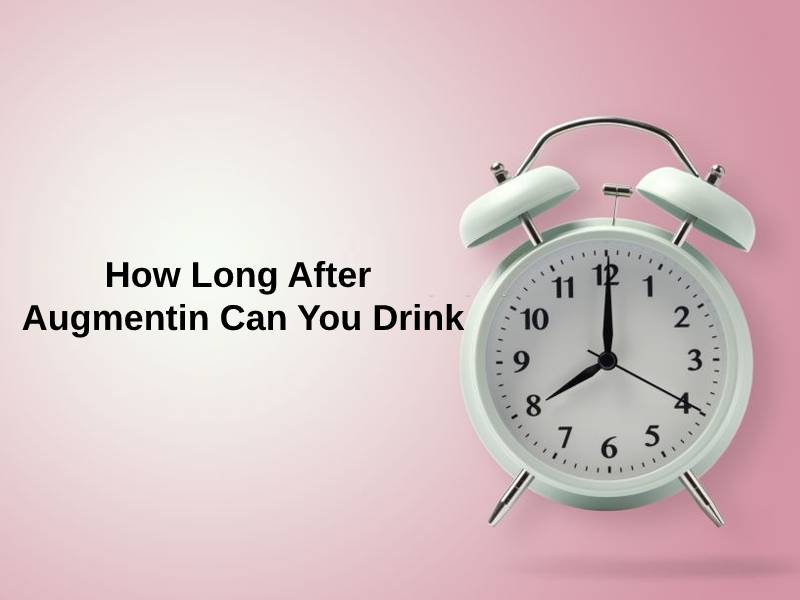
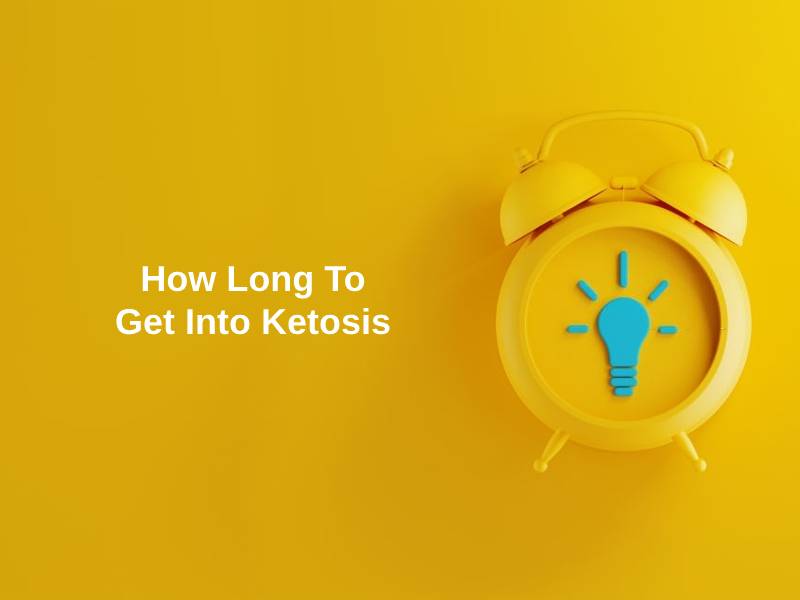
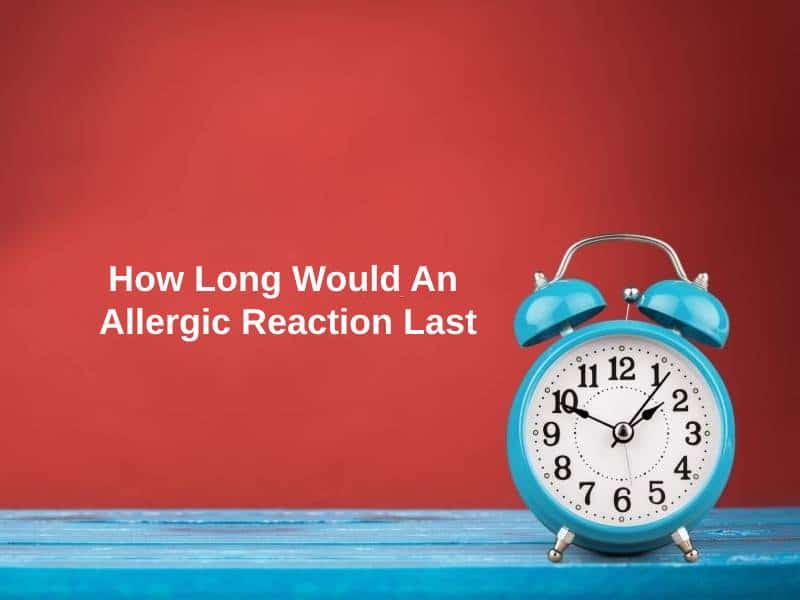

The impact of gallbladder surgery on diet is indeed noteworthy. The body’s adjustments to changes are fascinating to learn about.
Absolutely, the body’s resilience and adaptability are remarkable.
It’s a good reminder of how interconnected our bodily processes are.
An interesting fact brought to light in this article. The impact of gallbladder surgery on dietary habits is quite significant.
Indeed, it’s not something that many people consider prior to the surgery.
It’s quite comical that the body needs time to adjust to not having a gallbladder even though it’s not an essential organ. The human body is a complex system.
It’s true, the body’s ability to adapt is quite remarkable.
Nature always surprises us with its intricacies.
The article provides a comprehensive guide on what to eat after gallbladder surgery. It’s helpful for anyone going through this process.
Very informative and practical information indeed.
Agreed, it’s a useful resource for dietary planning post-surgery.
To think that a simple organ removal procedure can have such an impact on diet and digestion is quite intriguing.
Yes, it’s fascinating how interconnected different bodily systems are.
The complexity of the human body never fails to amaze.
This article provides a clear explanation of the differences between Laparoscopic Cholecystectomy and Open Cholecystectomy in terms of recovery time and the different dietary requirements. It’s very informative.
I agree, the article provides helpful information for people who are considering gallbladder surgery.
I find it quite ironic that a surgical procedure to remove an organ that is not essential for digestion requires such significant changes to diet and eating habits. It’s an interesting perspective.
That’s an unexpected way to look at it, but you have a point.
I never thought of it that way, very insightful.
The information on recovery times and dietary restrictions is valuable for anyone planning to undergo gallbladder surgery. Well-presented article.
I agree, the details provided here are beneficial for those preparing for this surgery.
Very informative and practical.
I am disappointed that the recovery time is so long for Open Cholecystectomy. 2 to 3 weeks seems like a significant period to be eating only soft foods and liquids.
I think it’s a small sacrifice for better health in the long run.
I understand your frustration, but it’s important for the body to heal properly after such a surgical procedure.
It’s quite surprising to learn about the extent of dietary changes required after gallbladder surgery. I appreciate the detailed explanation provided here.
Very insightful indeed.
The article really clarifies what to expect after undergoing this procedure.